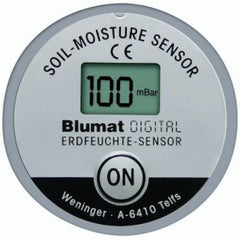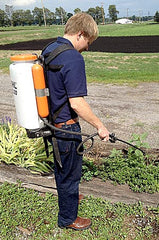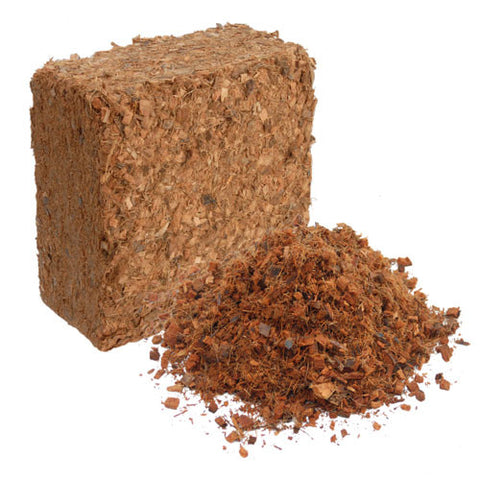
The Top 5 Mistakes Growers Make
The Top 5 Mistakes Growers Make
You name it, and I’ve probably done it. I’ve killed a lot of plants in my lifetime, but each one has taught me a powerful lesson and improved my gardening. You can learn a lot from your mistakes, but below is a list of most common mistakes I see in being made by growers.
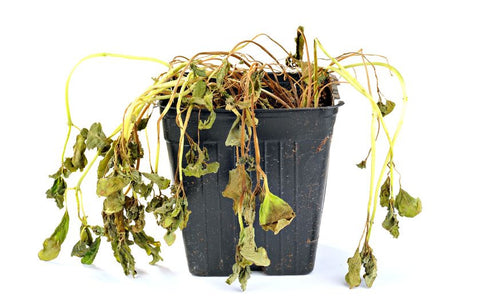
1. Letting the Soil Dry Out
I've definitely heard this in the past. That it's best to let the plant experience wet/dry cycles and you want to let the pot dry out before you water again. With organic soils, it is much better to keep the soil evenly moist (80-120 mbar) at all times. This means watering more frequently in small amounts. By doing so, you're keeping the beneficial microbes happy and cycling nutrients for the plant. For the more precise gardener there are moisture meters available on our site from Blumats that will give you a reading in a few minutes for $60. You would be shocked at how proper watering will dramatically improve your growth rates and plant health. Keep in mind too that over and under watering will often display similar to a nutrient deficiency.
2. Not Dealing With Pests Right Away
This goes along with inspecting your plants frequently for insects or damage. Not all bugs are bad, but when you do see a spider mite or a fungus gnat, you'll want to treat it right away. Even waiting a week can make a huge difference in plant health and stress. Every grower should own a magnifier loupe so they can inspect plants quickly.

3. Not Spraying Frequently Enough
If you’re not using beneficial insects and predators to control pests in your garden, then foliar applications of organic pesticides are your best option. You'd think 1 application would kill the little buggers, but you're bound to miss a few adults and most sprays won't kill the eggs. It's important to spray at least 3x and space the applications every 2-3 days in a row to break the insect life cycle. Be sure to spray the top and bottom of the leaf and any other exposed surface where they might be living. Also use 2-3 different sprays, as insects can build up immunity to the same applications over time. My favorite small sprayer is a Chapin 1949 Concrete Sprayer. It allows you to do both your aerated compost tea sprays without damaging the microbes as well as any pesticide sprays. It’s got all metal parts and changeable nozzles. You can find it on amazon.com for around $100.
4. Not Using a High Quality Media
This is the one I see most commonly. We think we can use any old potting soil and then supplement it with expensive bottled nutrients. By using a higher quality media, we can start our plant off with what it needs already in the rhizosphere (the area around the roots). This will increase overall plant health and growth, increase disease resistance, and also raise the terpenes (odors and flavors) of the plant.
Coco coir is great for chemical growers, but lacks essential minerals and biology for organic soil.
5. Adding Bagged Fertilizer or Bottled Nutrients Instead of Testing Your Soil
A soil test is an essential tool in determining what nutrients may be lacking in the soil, as well as what nutrients may be building up over time. In many cases, excesses can be more difficult to combat than deficiencies. Did you know that too much magnesium will make your soil very tight and limit the plant's ability to uptake other nutrients like calcium, potassium, and nitrogen? A simple $25 soil test from Logan Labs will give us the information needed to make smart decisions regarding our soil moving forward.
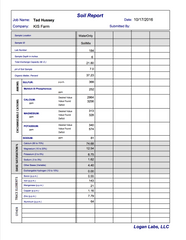
I hope that other growers can learn from my mistakes and avoid these common problems to have a happy and healthy garden. What mistakes have you made in your garden?

